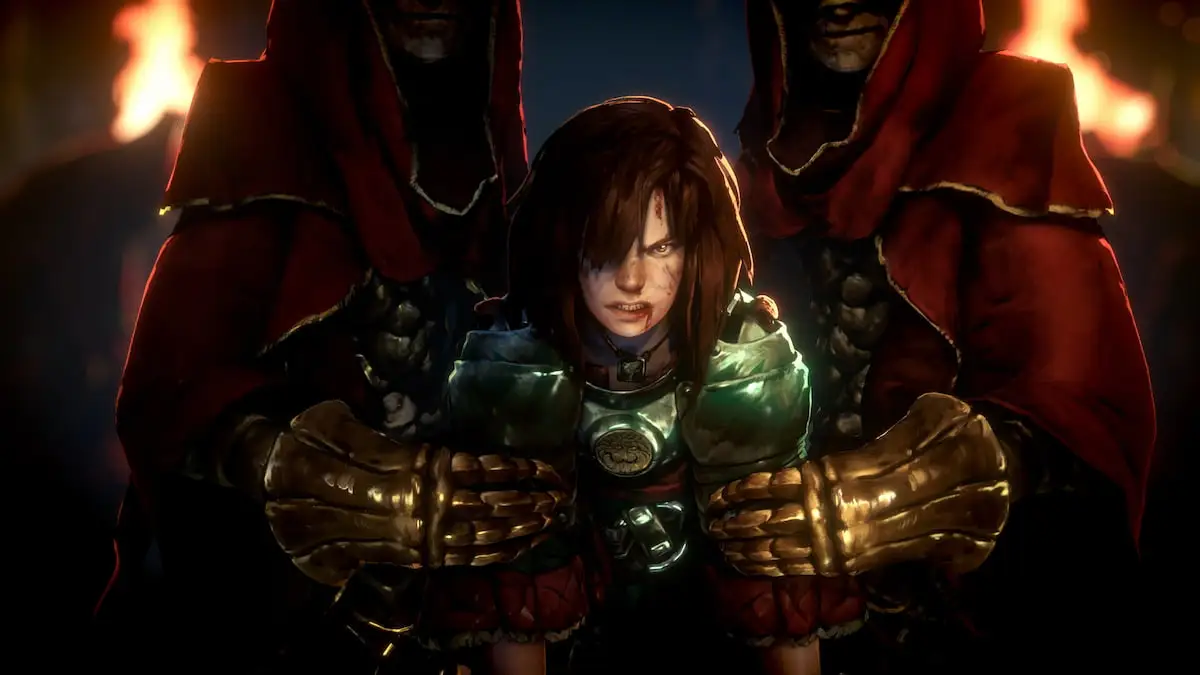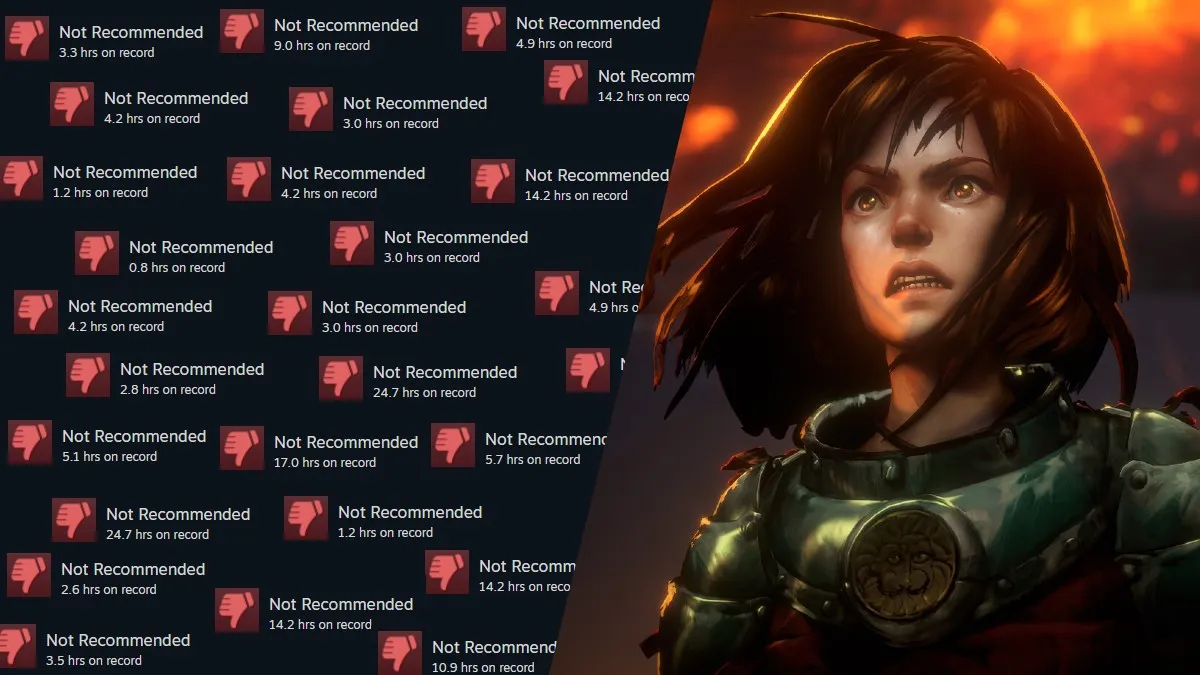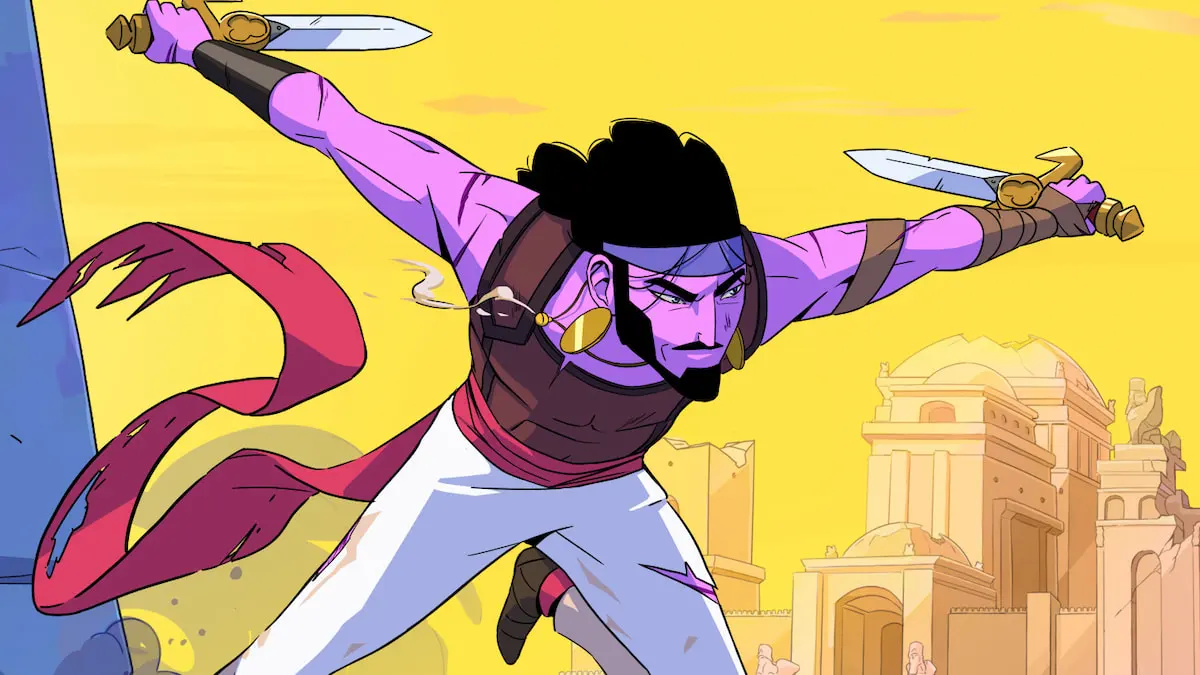As the head of global research and development at Capcom, Keiji Inafune is one of the most influential figures in the Japanese gaming industry. Here he chats to Prima about Dead Rising replacing Resident Evil, the Japanese suspicion of the Xbox, and how he hopes this newest game will bring Japanese developers stuck in the nineties out of their reverie.
Prima: Dead Rising 2: Case Zero has just been released. Are you pleased with the reception?
Keiji Inafune: I haven’t checked out everything, but generally speaking it looks like it’s well received in Europe and in the US as well.
Having said that, we had a technical glitch with the ratings board in Japan, so the release was delayed to 15th September. Japanese users are bashing me, saying it’s my fault and Capcom’s fault. It’s really nothing to do with us. So I’m a little bit disappointed with that. But apart from that it’s been well received.
Prima: Why is it an Xbox 360 exclusive and not out on PS3 as well?
Keiji Inafune: Capcom has a strategy of multiplatform for every game, wherever possible. However, the original Dead Rising was 360-exclusive because the PS3 was not available around that time. It was a new approach and a unique concept for us at that time. However, 360 users supported the original game up until now. So it’s a bit like fan service, if you like.
Prima: Will you release this kind of downloadable prequel to a major release again or is Case Zero a one off?
Keiji Inafune: This time around we just didn’t want to go down the old boring way of cutting out part of the game and releasing it free of charge. We wanted to do something new. This is an experimental test case, if you like. Naturally, if it’s well received, we would like to utilize that sort of business model for future titles as well.
Prima: Moving on to Dead Rising 2, what convinced you to approve development of the game?
Keiji Inafune: It was very much like the case of Street Fighter IV. The Capcom producers went around and all the journalists wished for the sequel for Street Fighter. Dead Rising was the same. We heard that lots of people wanted the second one to come out.
Having said that, because Dead Rising didn’t sell well in Japan, we needed to do lots of persuading, especially of the management inside the company. However, it’s our obligation to create a game that would be wanted by the fans.
Prima: The game was developed by Blue Castle, a Western developer. As a Japanese producer, what was the biggest challenge?
Keiji Inafune: The largest challenge was to persuade the management inside of Capcom. Blue Castle created only a baseball game before Dead Rising 2, so they didn’t have a track record of creating this type of game. They’re in Canada, naturally. So in order to get the investment into the development, that was the hardest.
Prima: What have you learned from this experience that you would carry forward as you create more Western-developed games?
Keiji Inafune: I learned lots of lessons from this experience. Especially, I gained confidence so we can work with any developers around the world, not only Western but Asian later on as well. That means whenever we decide to create a game, we can pick up the resources in a global scale.
Prima: Why was it important to implement multiplayer into the game?
Keiji Inafune: First of all, I wanted to include multiplayer in the original game. However, we didn’t have the time and resources to make it happen. But Dead Rising is a single-player game to start with. The multiplayer is an additional bonus for the players. Also the co-op play, we thought that would go well and compliment the single-player. That’s how it happened.
Prima: What are your hopes and expectations for Dead Rising 2? Do you expect it to be as big as Lost Planet 2, for example, or Street Fighter IV?
Keiji Inafune: The goal for Dead Rising 2 is to replace the Resident Evil franchise and become the number one IP within Capcom.
Prima: That’s quite an ambitious goal. Are you confident Dead Rising will achieve it?
Keiji Inafune: As a creator, the sales and marketing part aside, unless you have a big goal to strive for you can’t create a good game. Therefore, if the Dead Rising franchise takes over the Resident Evil franchise, a new game I come up with will obviously strive to go over Dead Rising. That’s the goal I set out for any title I decide to create.
Prima: Dead Rising 2 will be released in the next few weeks. What’s next for the franchise? Will you do spin-offs or work on a direct sequel?
Keiji Inafune: Until Dead Rising 2 sells we probably can’t start talking about spin-offs. If it’s received pretty well, yes we would consider a sequel. But at the moment we just don’t know.
Prima: What will you work on next?
Keiji Inafune: I’m already working on numerous titles. So watch this space for announcements. I will carry on creating new titles.
Prima: You’ve been outspoken in your views about the Japanese games industry in the last year or so. Now this year’s E3 and gamescom are over, do you still feel as skeptical about the industry as you were last year?
Keiji Inafune: I still stand by my comment I made last year. I haven’t seen any change whatsoever in Japan. Therefore I’m very pessimistic about the games industry in Japan. The Japanese game creators have to admit we’re behind the Western games at this moment and try to be humble and learn why. Otherwise, we’re not going to be able to start all over again.
I have a question for you, actually. Since that comment, every single Western journalist I encounter asks the same question. However, none of the Japanese journalists ask why I made that comment. I want to know why. Is it apathy, or are the Japanese not particularly interested or not taking it seriously? Why are you interested in asking me that question?

Prima: Perhaps it’s because Western gamers have a history with Japanese games from their childhood, and their view is that it is a magical place that creates brilliant games. Perhaps to bear witness to its decline is a little sad. Maybe Japanese gamers hope if they ignore the problem it will go away.
Keiji Inafune: Does that mean in the West you guys actually agree with my comment from last year at the Tokyo Game Show that the Japanese game industry is in decline?
Prima: Yes. Perhaps the main disparity is in graphical quality. Maybe Western developers have been better able to get used to the current generation of consoles, the PlayStation 3 and Xbox 360, than Japanese developers. What do you think?
Keiji Inafune: Yes, I completely agree with your analysis of what’s happening in the Japanese market and the Western market. I see it inside Japan as, traditionally, not many people play Western games to start with. Now, they are starting to release some of the games.
However, still, the centre of the market is Japanese games. They’re just looking at Japanese games. They don’t even compare with Western games because Western games are seen in a completely different category.
Prima: Perhaps Dead Rising 2 will help to redress the balance?
Keiji Inafune: Yeah. It would be great if we can wake up some of the journalists and creators in Japan. Especially Dead Rising 2, this is a complete core development. It’s developed in Canada, but this is a Japanese game. I came up with the original concept. It happened to be in Canada for the development, but it’s almost like a made in Japan game. We take it in that way. If Dead Rising wakes up some of the people that would be great.
Prima: Has the lack of success of the Xbox 360 in Japan prevented Western games from gaining popularity?
Keiji Inafune: Possibly. But on the other hand, Japan being a small island, especially in the videogame industry, we had the golden age of eighties and nineties, and people are still living in that glorious time. They’re trapped in a time warp.
Also people are very conservative. They admit that the 360 is a great console, the functionality and everything, but it’s made in America. Therefore they’re suspicious. They’re not really jumping on foreign merchandise in comparison to Sony. That attitude applies to Western games as well, I think.
Prima: Your role as head of global research and development means you’re in charge of saying yes or no to new game ideas. What must a game have before you say yes?
Keiji Inafune: It’s interesting. Lots of ideas are coming out just picking on an interesting point – this will be interesting in a game, this will be entertaining in a game. But if you think why and how that is interesting, and you pursue the questions: who would be the target audience, when is it going to come out, how will it be realized in the game, not many people can back up their own ideas.
You have to think about all these little puzzles. Say, Red Dead Redemption was a huge hit. Probably, we could do the same thing in different circumstances, in a different universe. But if that game comes out three years later, would that be still interesting? Would the users be engaged with it?
Especially in Japan, lots of Japanese people have the impression of Western games where you can do lots of things. There is no restriction on the gameplay. You can walk down the street and hit the people. They think there is violence and gore – that’s a Western-looking game.
Unless you understand why it’s interesting because you can hit passers-by, it’s not really interesting, is it? Most of the ideas are very shallow. I suppose it’s like a Hollywood film pitch, isn’t it? People come in with all sorts of ideas, but haven’t got any background information to back it up.
Prima: Finally, at gamescom Yoshinori Ono told me that you told him it would take a million requests before you’ll say yes to a new Darkstalkers game.
Keiji Inafune: We’re asked this question quite a bit. Ono-san understands lots of people are waiting for Darkstalkers. However, the difficulty about fighting games is we had a boom and it went down. So most of the developers went out of the business or moved on to some other types of games.
Apparently creating a fighting game is not so easy. You really need the talent and skill and balancing ability to sort the games out. So at the moment there aren’t the resources to create another fighting game. However, I recommend you ask the same question again and again and again whenever you meet Ono-san.






